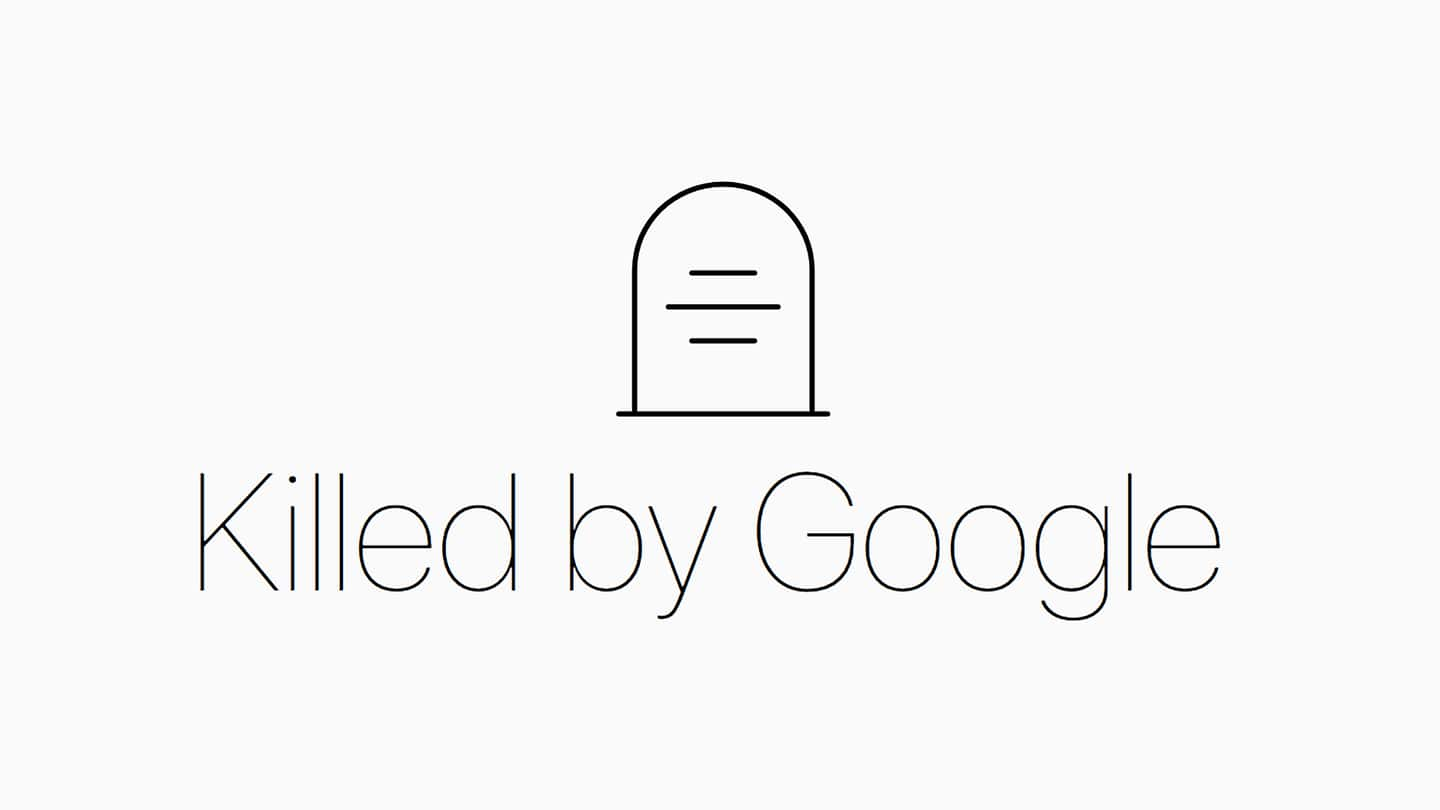
Google kills off Stadia's in-house game development studios
What's the story
In a news that will surprise no one, Google won't be making any first-party Stadia games. The company's blog post announced the shuttering of the cloud gaming service's North American development studios at Montreal and Los Angeles.
These studios were tasked with producing exclusive first-party titles for the game streaming platform. In other words, don't expect any platform exclusives for Stadia in the future.
Synchronization lost
Assassin's Creed veteran Jade Raymond exits Google
In fact, veteran game producer Jade Raymond, of Assassin's Creed fame, is also leaving Google after the company shut down its game development studios. The move will affect 150 jobs in total.
Raymond had joined Google's board as Vice President in 2019, and was designated to lead the Stadia Games and Entertainment (SG&E) arm tasked with creating first-party AAA games for the streaming service.
On life support
Stadia won't thrive in the absence of first-party exclusives
Platform exclusives such as Uncharted series for the PlayStation and Halo series for the Xbox consoles are instrumental in giving people a solid reason to prefer one platform over another.
Nothing underscores the importance of exclusives like Microsoft's Xbox Series X being hit hard by the absence of Halo during its launch.
Needless to say, the lack of exclusives doesn't bode well for Stadia.
Cash crunch
AAA game development is too expensive even for Google's tastes
Making quality AAA games is not cheap by any means. Even at $265 million, Grand Theft Auto V's budget was significantly lower compared to that of Star Citizen, and Cyberpunk 2077.
This explains why Google even cited development expenses as one of the reasons behind shutting down SG&E. The other reason obviously being the fact that no one seems to care about Stadia.
Exclusives are vital
Stadia faces the chicken-and-egg problem; Gaming platforms need exclusives
The Sony PlayStation 2 was graphically inferior compared to all of its competitors, and yet it dominated them on the strength of its exclusives. Ditto for the Nintendo Switch, which strangely sold more Zelda: BotW copies than the console itself.
Without exclusive titles, gamers have zero incentive to patronize Stadia, especially given the presence of superior alternatives such as Project xCloud and GeForce NOW.